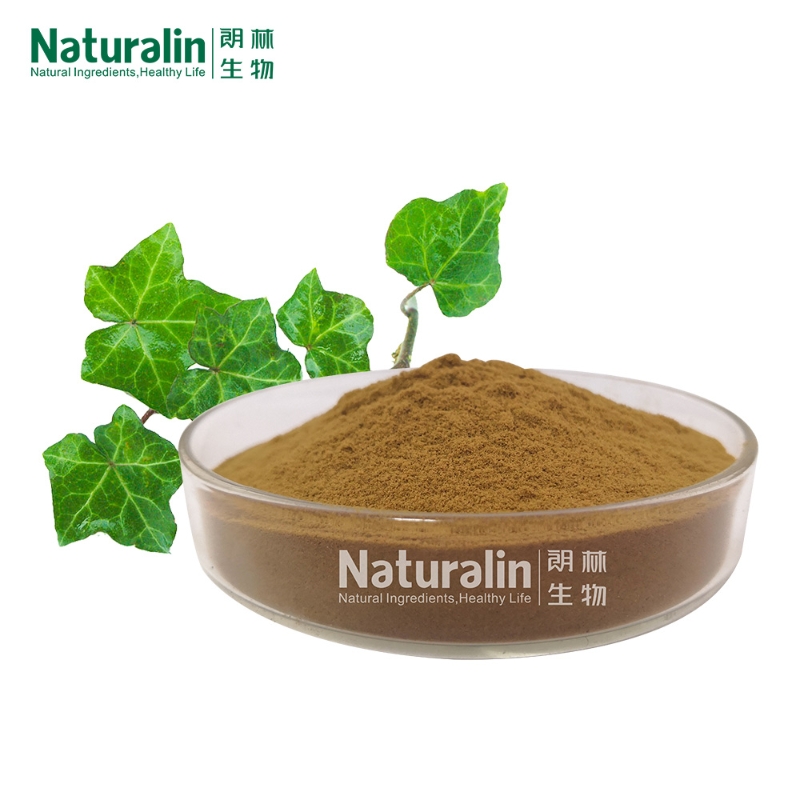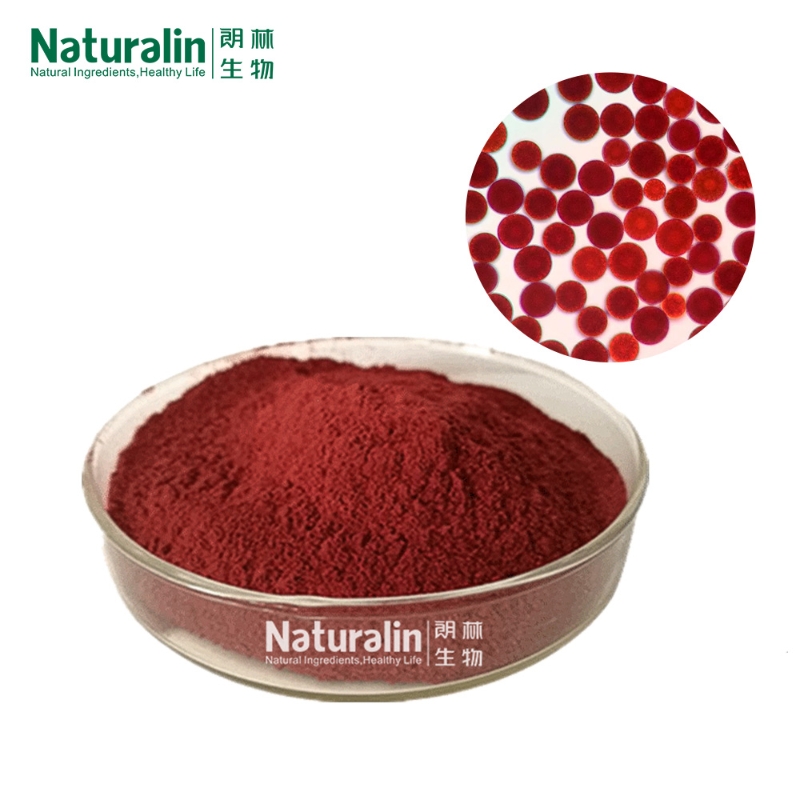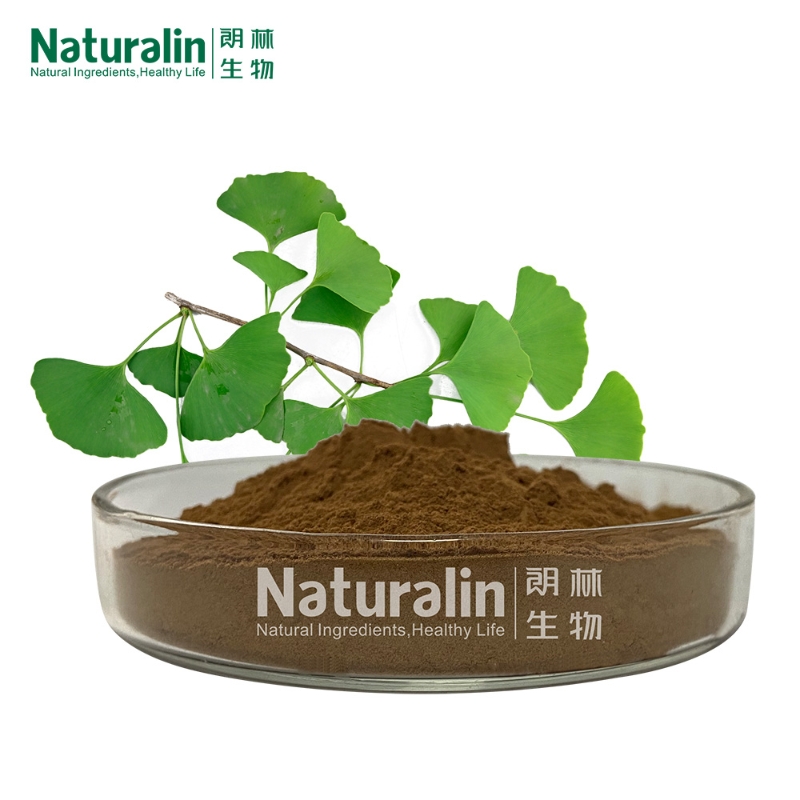-
Categories
-
Pharmaceutical Intermediates
-
Active Pharmaceutical Ingredients
-
Food Additives
- Industrial Coatings
- Agrochemicals
- Dyes and Pigments
- Surfactant
- Flavors and Fragrances
- Chemical Reagents
- Catalyst and Auxiliary
- Natural Products
- Inorganic Chemistry
-
Organic Chemistry
-
Biochemical Engineering
- Analytical Chemistry
-
Cosmetic Ingredient
- Water Treatment Chemical
-
Pharmaceutical Intermediates
Promotion
ECHEMI Mall
Wholesale
Weekly Price
Exhibition
News
-
Trade Service
We present data concerning the creation of transgenic papayas resistant to
Papaya ringspot virus
(PRSV) and their adoption by three different countries: the United States (e.g., Hawaii), Jamaica, and Venezuela. Although the three sets of transgenic papayas showed effective resistance to PRSV, the adoption rate in each country has varied from full utilization in Hawaii to aggressive testing but delay in deregulating of the product in Jamaica to rejection at an early stage in Venezuela. Factors that contributed to the rapid adoption in Hawaii include a timely development of the transgenic product, PRSV causing severe damage to the papaya industry, close collaboration between researchers and the industry, and the existence of procedures for deregulating a transgenic product. In Jamaica, the technology for developing the initial field-testing of the product progressed rather rapidly, but the process of deregulation has been slowed down owing to the lack of sustained governmental efforts to complete the regulatory procedures for transgenic crops. In Venezuela, the technology to develop and greenhouse test the transgenic papaya has moved abreast with the Jamaica project, but the field testing of the transgenic papaya within the country was stopped very early on by actions by people opposed to transgenic products. The three cases are discussed in an effort to provide information on factors, other than technology, that can influence the adoption of a transgenic product.







